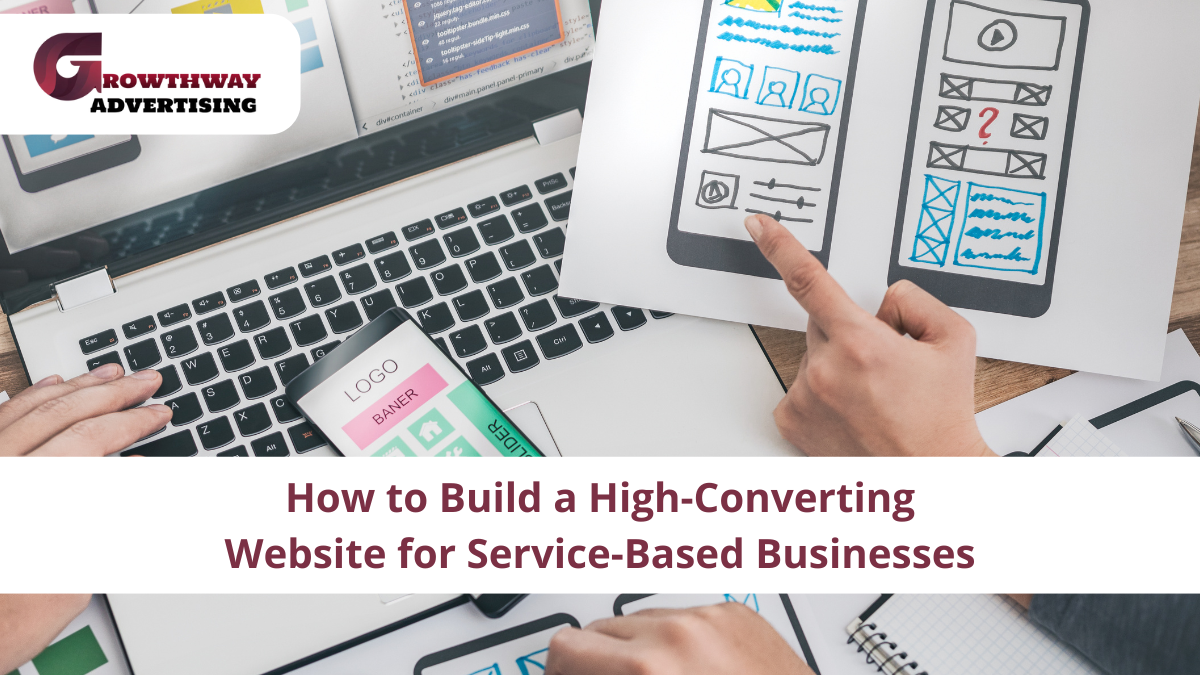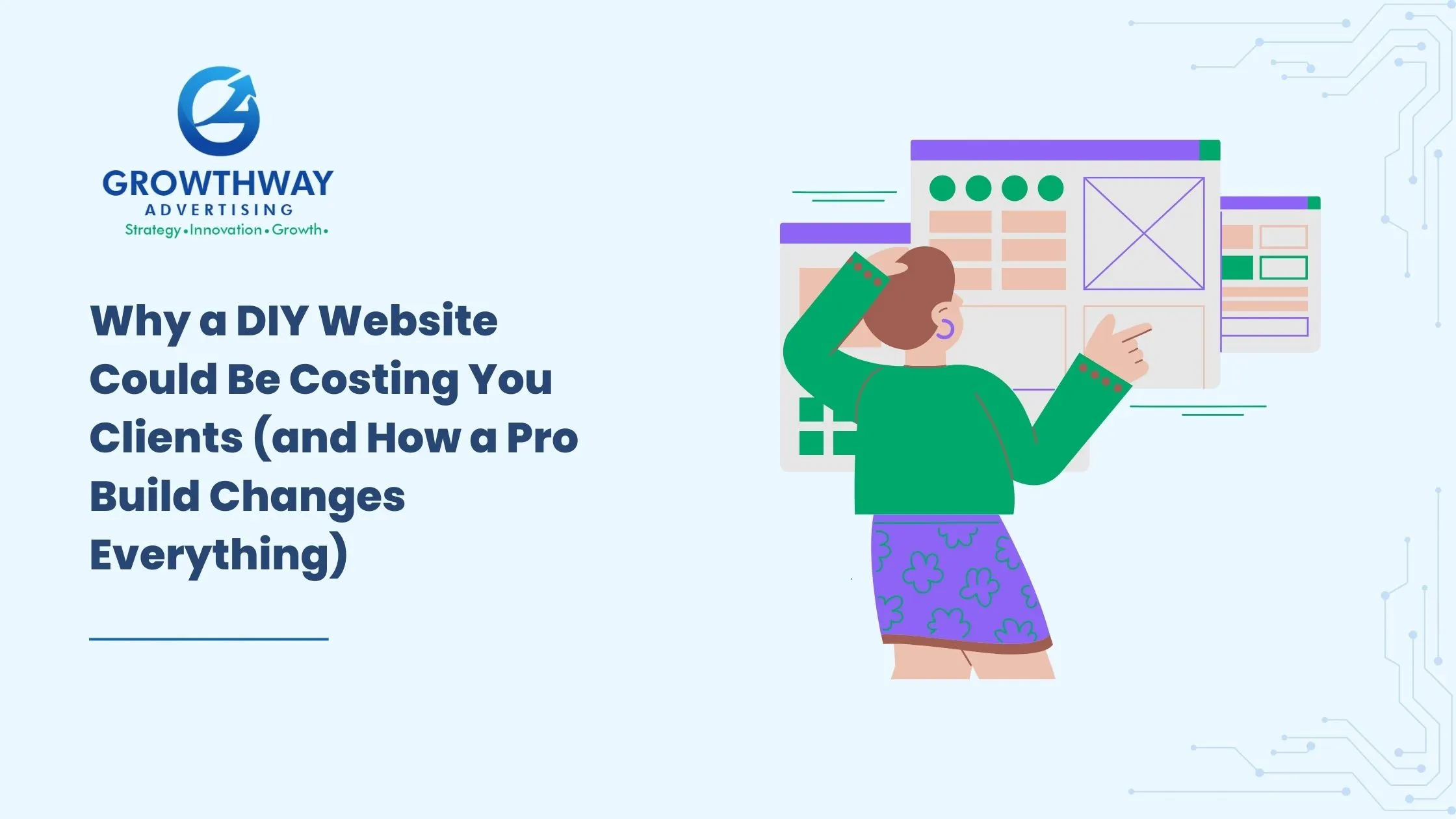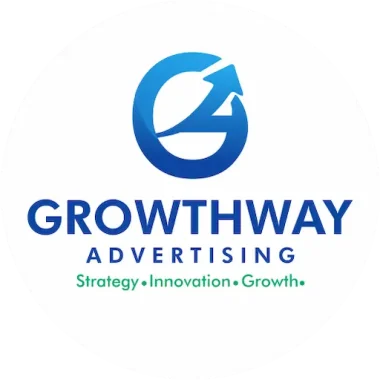In today’s competitive online space, where your site is not a digital brochure, but your best salesperson. To draw on an example of service-based business, every pixel, word, and click is important because in their case, conversions can be appointment led, form filled-in, call, etc.
You cannot simply add some pretty pictures to develop a high-converting site. You require a bright combination of persuasive design, conversion-oriented strategy, and performance-efficient infrastructure leading the users, to action, to the first impression.
What are the most practical (and usually neglected) components that can make a service business website convert and what can you do to integrate it right now?
1. Define What “Conversion” Means for Your Business
But until the very idea of layout or colors enter your mind, decide what in your sense of the term is a conversion:
- A lead form submission?
- A phone call or live chat interaction?
- A scheduled consultation?
Your web strategy must be geared to this purpose. Designs are clear when there are clear goals driving them. Most service providers do not bother doing this and they find themselves wondering why their websites are not performing.
2. Craft a Strong, Benefit-Oriented Value Proposition
Within a second, visitors will make a decision to maintain their presence on your site or not. So what do they see first of all?
A vague headline like “We Offer Solutions for You” won’t cut it.
Instead, say exactly what you do, who you do it for, and the problem you solve.
Example:
“Certified HVAC Repair Experts in Mumbai – Book in Under 2 Minutes”
Make it benefit-driven, not just descriptive. Your homepage should scream value.
3. Use Strategic Layouts That Guide User Action
The messy page creates a messed up condition and the mess kills conversions. This is what your layout ought to consist of:
Above-the-fold CTA: Buttons like “Schedule a Free Call” or “Get a Quote”
Visual hierarchy: Use spacing, contrast, and heading tags to lead the eye
Sticky header with CTA: Keep your key button visible during scroll
Section anchors for long pages: Let users jump to FAQs, testimonials, or services fast
This is where a professional web design company comes in with a great difference. They can build visual flow that results in making browsers buyers.
4. Speed, Responsiveness & Technical Performance
Fast is not optional any more. Two seconds will cost you conversion rates.
- Use compressed images, lazy loading, and clean code
- Implement caching and CDNs for faster delivery
- Use responsive design to make your website mobile-ready
These are what a good website development company cares about on the first day and not as an afterward.
5. Build Trust Instantly With Visual & Verbal Cues
Credibility is currency and this is more so in service businesses. Include:
- Verified test-monials with names and photos
- Certifications, badges or logos of partners
- Before/after or case studies
- High-conversion booster video testimonials (high-conversion booster)
Have one of them placed strategically close to doubts of CTAs and the home page.
6. Create Conversion-Focused Service Pages
Majority of the service websites enlist what they are offering but very little sell it.
Every service page ought to be like a landing page:
- Clear headline
- Copy that focuses on pain-points
- Real-world benefits
- CTA blocks all over the page
Don’t just say “We offer pest control.” Say:
“Get Rid of Termites in 24 Hours – Safe for Kids & Pets”
Here is a copy that sells. In order to do this in scale, invest on those website design services making use of content strategy.
7. Use Interactive Tools to Engage Visitors
Here’s what most competitors miss—interactive experiences.
- Cost calculators: Assist the guest to approximate cost of services
- Live chat: Wonderful to get leads that have second thought
- Booking widgets: It allows users to schedule on the fly
- FAQ accordions: Assist users to obtain responses quickly (it is good in search engine optimization as well)
The tools enhance users’ experience and also the duration of time they spend on a page, which is an essential conversion indicator.
8. Address User Intent at Every Stage of the Funnel
All visitors on the site are not willing to make a purchase. Others are looking, others are comparing, others are just getting there.
Write in a way that fits every purpose:
Top-funnel: Blog posts, how-to guides, service explanations
Mid-funnel: Feature comparisons, pricing pages, checklists
Bottom-funnel: Testimonials, guarantees, strong CTAs
This is where web development services intersect with smart content architecture. You should map your site in such a way that it directs visitors through the funnel.
9. Mobile-First Isn’t Optional—It’s Mandatory
Over 65% of searching services are performed on mobile. People may love how your desktop site looks, but when your mobile site fails to work or loads gradually, you are losing business.
Mobile-first tips:
- Use larger buttons for thumb accessibility
- Optimize forms for mobile typing
- Collapse long sections with toggles
- Make sure CTAs are visible without scrolling
Check web design & development services which can test on all devices and not only desktop mock-ups.
10. Use Data to Drive Iteration
You have done it, put out your site, but what next?
Use such tools as:
- Google Analytics (goal, bounce rate, time on site)
- Hotjar or Microsoft Clarity (see how users behave)
- A/B testing (test different headlines, buttons text, layout)
This is the secret sauce most small businesses ignore. Regular testing can increase conversions by 20%–80% over time.
Such is the strength of constant innovation, and this is what a good website development services provider should offer post-launch.
11. Structure for SEO Without Compromising UX
In order to rank well and convert, your site must find balance between search engine optimization and user experience:
- Use clear, topic-focused URLs (e.g., /roof-repair-services)
- Add schema markup for services, FAQs, reviews
- Write metadata with user intent in mind
- Use internal linking to related services or resources
- Answer common queries (voice search friendly!) with bolded FAQs
When you have the same goal in SEO and conversion, you get more traffic, and more leads.
12. Build Pages That Are Emotionally Persuasive
Logic sells services. Emotion seals the deal.
Use emotion-laced language in your copy:
- “Never deal with surprise plumbing issues again.”
- “Get peace of mind with certified pros who show up on time.”
- “We treat your home like it’s our own.”
Apply social proofing, loss aversion, and security-related messages to be sure your users are safe and secure.
13. Don’t Underestimate the Power of Microcopy
Such pieces of text on buttons or form labels and their tooltips are called microscopy and are the make-or-break conversion case.
Instead of “Submit”, use:
- “Get Your Free Quote”
- “Book My Consultation”
- “Yes, I Want Help!”
Such minor adjustments are an indication of care and purpose- particularly those of sites that offer services and where a human connection is important.
14. Local SEO & Location Landing Pages
If your business is location-specific (e.g., HVAC in Bangalore or Pest Control in Pune), your site must reflect that.
- Create unique landing pages per city or service zone
- Include maps, NAP info (Name, Address, Phone)
- Optimize for keywords like “[Service] in [City]”
There is tendency of immediate traffic to convert more readily than general as a result of immediacy and trust. Make sure your web site developer is familiar with local schema, Google Business Profiles, and area targeting.
15. Use Design Psychology to Influence Behavior
Apply such principles as:
- F-pattern layout: Guides users from logo to CTA naturally
- Color psychology: Red = urgency, Blue = trust
- Whitespace: Reduces cognitive load and enhances clarity
- Directional cues: Arrows, eye-lines, pointing gestures
Such slight modifications raise the risks of taking actions unconsciously to users. It is the signature of the work of the best web design companies.
So, will checking all these boxes guarantee conversions overnight?
Not quite. Creation of a high-converting site is not a once in a lifetime thing especially a service-based business. It is a continuous process of perfecting, experimenting, educational and development. It is not like switching a light on and off, it is like adjusting a musical instrument, care, expertise, and regular adjustment are required.
Great websites aren’t born. They’re built, measured, and improved.
Feel like taking your site out of digital brochure mode and into engine conversion mode? Our strategists, designers and developers are ready to assist. We provide web design and web development and, through tried-and-true conversion tactics, we get results whether you need a modest site takeoff or are scaling to the sky.
Let’s build something that doesn’t just look great—but converts even better.
FAQ’s –
Clear CTAs, fast load speed, mobile design, and trust signals—built right by a website development company.
Most users browse on mobile. A responsive layout from a web design company boosts conversions fast.
Yes. Focused pages are easier to rank and convert better than one all-in-one page.
Check it every 6–12 months. Design, content, and tech need updates to stay effective.
Yes. Slow sites lose visitors quickly. Speed directly impacts how many users take action.








